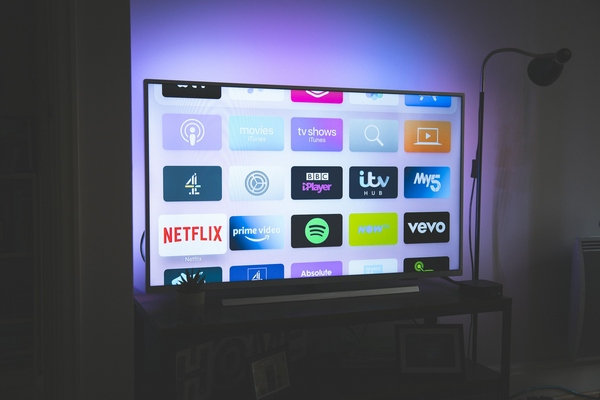How to Make Your Smart TV Safe Against Cyber Threats
Smart TVs are no longer a rarity in modern homes. They are more common than fridges and stoves. With recent years having seen the arrival of internet-connected televisions, the raised threat of cyber challenges is not to be dismissed.
According to a recent discovery, over 91,000 smart TVs are exposed, and face potential cyberattacks around the globe, putting the need for more security on the front line.
Secure Your Smart TV Against Cyber Threats
Using a VPN for your smart TV can enhance security by encrypting your internet connection and masking your online activities from potential cyber threats. This is particularly useful when accessing geo-restricted content securely and privately.
What Are the Risks?
Smart TVs, like smartphones and computers, can easily be hacked by cybercriminals as a means to spy on users, phish sensitive information, and even remotely control the user’s TV. These vulnerabilities usually come because they are smart through the connectivity to the internet, which allows the streaming and browsing capability.
Making Smart TV Security Smarter
One should never assume that a Smart TV first set up in your home is ready to safely use “out of the box”. True, there are default security settings that come with every new Smart TV, but these are minimum safety measures at best. Here are things you will need to take care of to protect your home and family from hackers.
Make Regular Upgrades
One of the simplest yet effective ways to secure a Smart TV is to keep the software updated. Most manufacturers are willing to send out updates to patch bugs and close some security loopholes. Updating the operating system and applications on TV is important to decrease the risk of any possible exploits.
Make Your Home Network Secure
Your smart TV’s security largely depends on your house’s network security. Keep all your passwords for the Wi-Fi network and router strong and unique. The risks for security can be greatly reduced if default settings are not used and router firmware is updated periodically.
Make Use of the Standard Security Measures
Of course, a user would not notice many things on a smart TV because it has some security settings. For instance, inactive features like the camera or microphone can be turned off to avoid remote spying. Moreover, activating the built-in firewall will provide one more defense layer to thwart an attack.

Handle Applications with Care
Only install apps from the official store of your TV’s operating system. Most third-party apps have been identified as sources of cloaked malware. Developer details should be valid, and user reviews of the application should assist in judging the originality of the application before downloading.
Protect Personal Information
Smart TVs can store huge amounts of personal data, from Wi-Fi passwords to streaming service credentials. Be conscious about what you save on the device and ensure that sensitive data is always behind a strong password. Observe Traffic Behavior Monitor network activity for unusual behavior; unauthorized access is usually characterized by unusual behavior, such as unexplained spikes in data use. Use network traffic-monitoring tools and apps that provide the capacity to send an alert on time regarding security breaches.
With the increasing number of smart TVs in our homes, it is important to ensure the security of these devices. Subsequently, users can tap into the colossal benefits of their smart TVs without risking privacy and security if they remain aware of what there is and play a proactive role in securing it.





